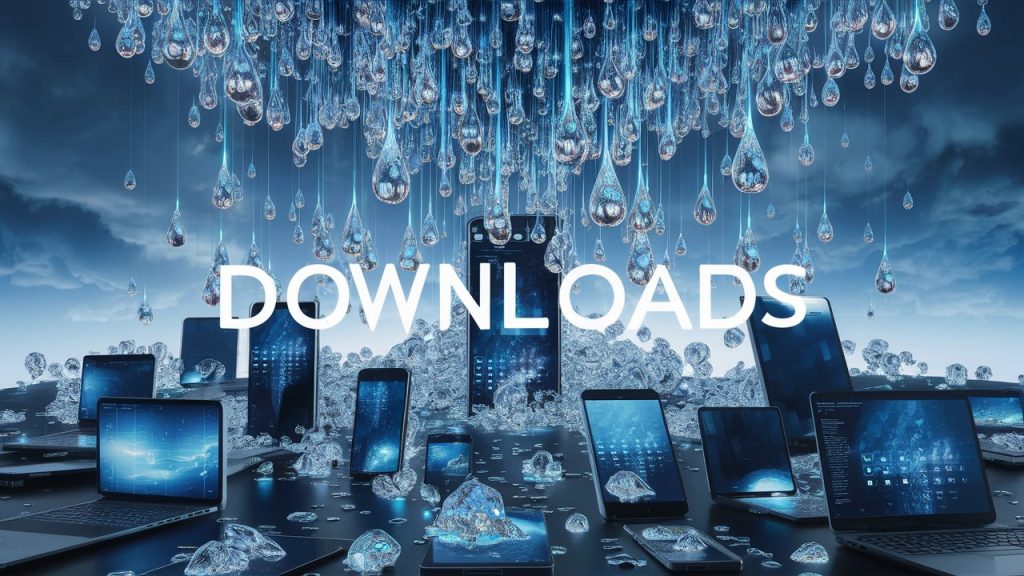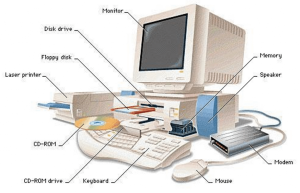Table of Contents
In today’s digital age, the term “downloads” is ubiquitous. It refers to the process of transferring data from the internet or another remote system to a local device. Consequently, understanding the meaning and implications of downloads is essential for both casual users and IT professionals alike. This article delves into the meaning of downloads, their various types, benefits, and best practices for managing them. Additionally, we will use more transition words to ensure a smooth and engaging reading experience.

What Does Downloads Meaning?
First and foremost, the term “downloads” denotes the act of receiving data from a remote system. Specifically, it involves copying files, applications, or other data from the internet to a local device, such as a computer, smartphone, or tablet. Consequently, the data becomes accessible offline. For example, when you download a music file from a website, it gets stored on your device, allowing you to listen to it without an internet connection.
Moreover, downloads can refer to different types of data transfers. For instance, downloading a document from an email, installing an application from an app store, or streaming a video that temporarily stores data on your device all fall under the umbrella of downloads. Therefore, understanding the different contexts in which downloads occur is crucial Downloads Meaning.
Types of Downloads
In addition to their general definition, downloads can be categorized into various types. To begin with, there are software downloads. These involve transferring applications or programs to a local device for installation and use. Consequently, users can run the software without needing an active internet connection.
Another common type is media downloads. This includes downloading music, videos, images, and other multimedia content. Furthermore, these downloads allow users to enjoy their favorite content offline, offering convenience and flexibility. For example, downloading a movie before a long flight ensures entertainment even without internet access Downloads Meaning.
Additionally, document downloads are prevalent. These involve transferring text files, PDFs, spreadsheets, and other document formats to a local device. Consequently, users can access important information offline. This is particularly useful for business professionals who need to review reports or presentations while traveling UID S.

Moreover, updates and patches are also considered downloads. Software developers frequently release updates to improve functionality or address security vulnerabilities. Therefore, downloading and installing these updates is essential for maintaining the performance and security of applications and devices.
Benefits of Downloads
The benefits of downloads are manifold. Firstly, they provide offline access to data. By downloading files, applications, or media, users can enjoy uninterrupted access regardless of their internet connectivity. Consequently, this enhances convenience and productivity, especially in areas with limited or unreliable internet access.
In addition to offline access, downloads offer speed and efficiency. Instead of repeatedly streaming content, downloading allows users to store data locally. Furthermore, this reduces the need for continuous data transfers, conserving bandwidth and improving performance. For example, downloading a large file once, rather than streaming it multiple times, saves time and resources.
Moreover, downloads enhance security. By storing important files locally, users can protect their data from potential online threats. Additionally, downloading software updates and patches ensures that applications remain secure and up-to-date. Consequently, this minimizes the risk of security breaches and enhances overall system stability Downloads Meaning.
Furthermore, downloads enable customization and personalization. By downloading specific applications, content, or settings, users can tailor their devices to meet their unique preferences and needs. Therefore, downloads empower users to create a personalized digital experience Downloads Meaning.
Best Practices for Managing Downloads
To maximize the benefits of downloads, it is essential to follow best practices for managing them. Firstly, ensure that downloads come from trusted sources. Downloading files from reputable websites and app stores reduces the risk of malware and other security threats. Consequently, always verify the authenticity of the source before initiating a download.
Moreover, regularly organize and manage downloaded files. Creating a structured folder system on your device helps in easily locating and accessing downloaded content. Additionally, periodically reviewing and deleting unnecessary files frees up storage space and improves device performance. Therefore, maintaining an organized download folder is crucial Downloads Meaning.
Another important practice is to keep software and applications updated. Frequently check for updates and download them to ensure that your applications are running the latest versions. Consequently, this enhances security and functionality. Furthermore, enable automatic updates whenever possible to streamline the process Downloads Meaning.

Additionally, consider using download managers. These tools can help in managing large downloads, resuming interrupted downloads, and scheduling downloads for off-peak hours. Consequently, download managers improve efficiency and convenience, especially for users with limited bandwidth or unstable internet connections Downloads Meaning.
Conclusion
In conclusion, downloads play a vital role in the digital world by enabling data transfer from remote systems to local devices. By understanding the meaning, types, benefits, and best practices of downloads, users can maximize their digital experiences. Consequently, embracing downloads responsibly ensures offline access, enhanced security, and improved efficiency. Therefore, whether you are a casual user or an IT professional, mastering the concept of downloads is essential in today’s technology-driven landscape Downloads Meaning.


